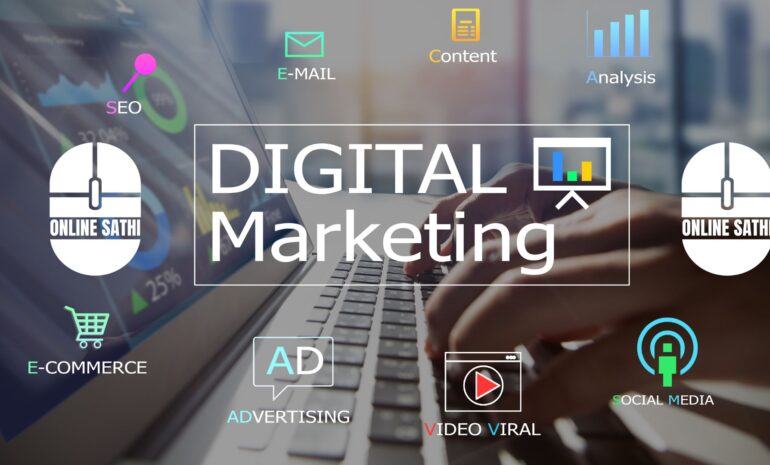The Future of Artificial Intelligence or Pros and Cons of AI
06.08.2023: Artificial Intelligence (AI) has emerged as one of the most transformative and controversial technologies of our time. From self-driving cars to virtual assistants, AI has infiltrated every aspect of our lives, reshaping industries and opening new frontiers. As we look towards the future, the prospects for AI are both exciting and challenging. In this article, we will explore the future of AI and delve into its potential benefits and drawbacks.
The Promising Future (Pros)
- Enhanced Automation: AI is poised to revolutionize industries through automation, increasing efficiency, and reducing human error. In manufacturing, robots powered by AI will optimize production lines, leading to higher-quality products at lower costs. In healthcare, AI-driven diagnostics and treatments will improve patient outcomes and enhance personalized medicine.
- Breakthroughs in Research: AI is set to accelerate scientific discoveries by sifting through vast amounts of data and identifying patterns that humans may miss. From drug development to climate change research, AI will assist scientists in solving complex problems and advancing human knowledge.
- Augmented Creativity: As AI evolves, it will augment human creativity rather than replace it. AI-generated art, music, and literature will inspire and challenge human artists, opening up new forms of expression and pushing the boundaries of imagination.
- Personalized User Experience: AI-powered systems will analyze user behavior and preferences to provide tailored experiences across various platforms, from personalized shopping recommendations to adaptive learning environments.
- C: AI-powered medical devices and systems will lead to earlier disease detection, personalized treatment plans, and improved patient care, ultimately extending human lifespan and enhancing overall well-being.
The Ethical Challenges (Cons)
- Job Displacement: AI’s automation capabilities may lead to significant job displacement, particularly in industries that heavily rely on manual labor. While new jobs may emerge, the transition could be challenging, causing short-term unemployment and socio-economic disparities.
- Bias and Fairness: AI algorithms are only as good as the data they are trained on, and biases within the data can be perpetuated by AI systems. This raises concerns about the fairness of AI decision-making in areas like hiring, lending, and criminal justice.
- Privacy and Security Concerns: As AI collects and processes vast amounts of personal data, concerns about data privacy and security are amplified. Misuse or breaches of this data could have severe consequences for individuals and society as a whole.
- Ethical Dilemmas: As AI evolves, it may face moral dilemmas in situations where decisions need to be made. For instance, self-driving cars may have to make split-second decisions that involve potential harm to passengers or pedestrians, raising complex ethical questions.
- Dependence and Control: Overreliance on AI systems can lead to a loss of control, making society vulnerable to AI failures, hacking, or manipulation. Striking a balance between human oversight and AI autonomy is crucial.
The future of artificial intelligence is indeed promising, with transformative advancements that will shape the world for generations to come. However, it is essential to approach the integration of AI with caution, addressing its potential drawbacks and ethical challenges. By embracing AI responsibly, we can harness its power to improve lives, drive innovation, and build a more equitable and sustainable future for humanity. As we embark on this journey into the boundless possibilities of AI, we must remain vigilant, ensuring that the development and implementation of AI technologies align with our shared values and aspirations.


